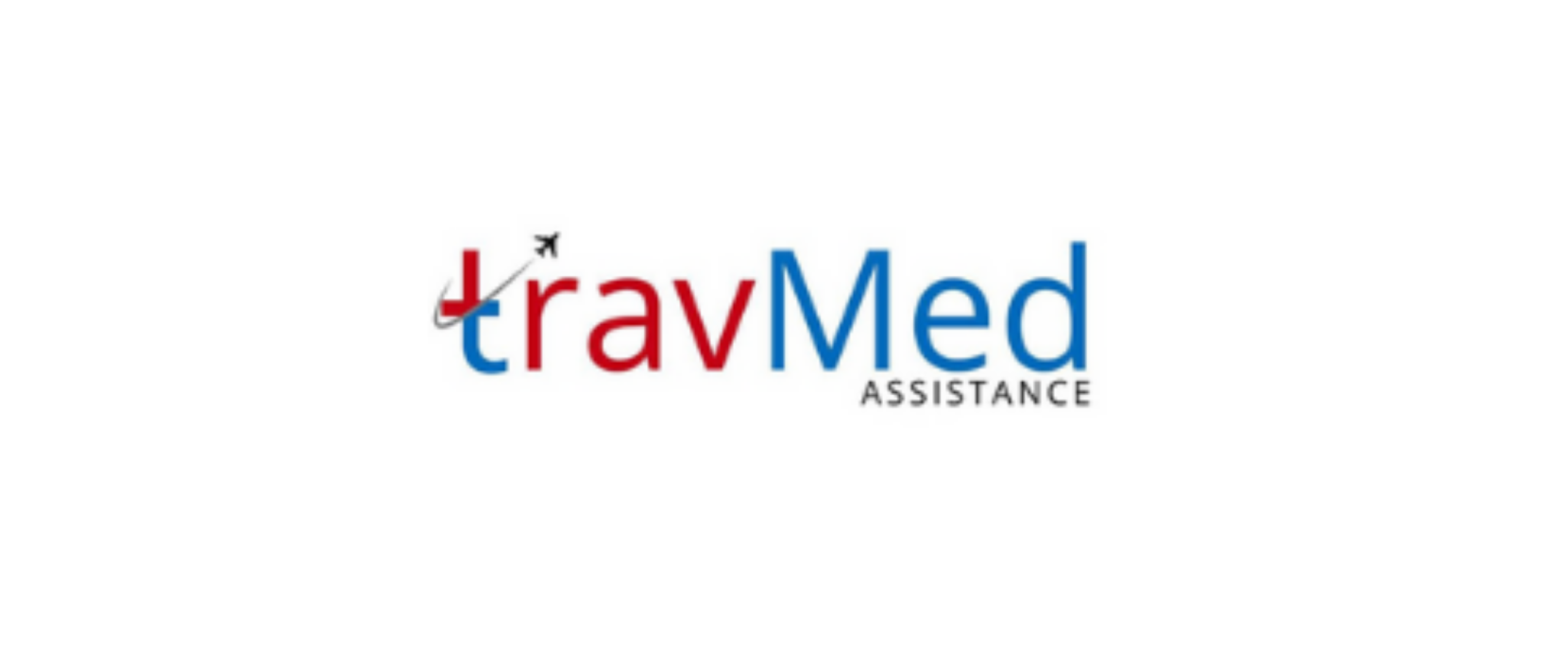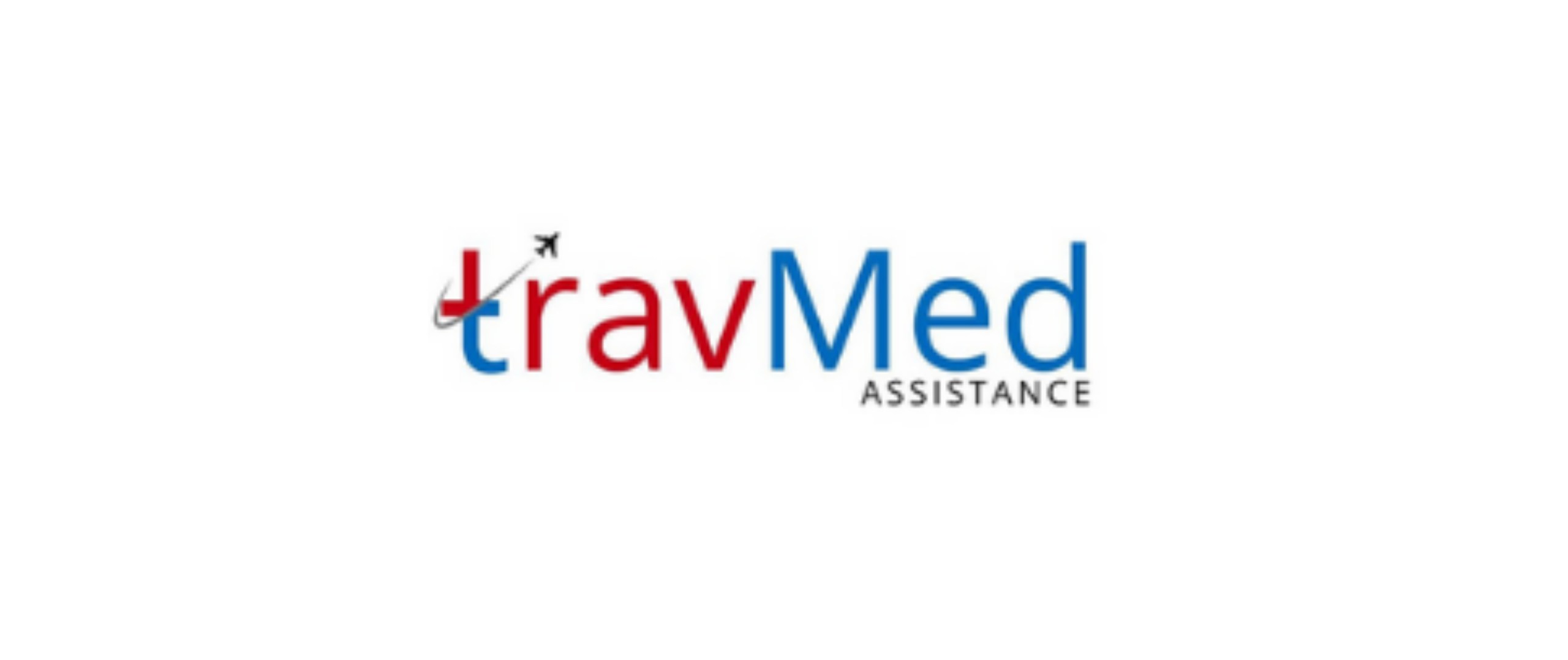
What is cost control in Nepal?
Cost control in Nepal refers to the systematic process of managing and reducing expenses within organizations and businesses. It involves implementing strategies to optimize resource allocation, minimize wastage, and enhance operational efficiency. In Nepal, cost control is particularly crucial due to the country’s developing economy and limited resources. Companies in Nepal employ various techniques such as budgeting, financial analysis, and performance monitoring to maintain a tight grip on their expenditures. The Nepal Rastra Bank and other financial institutions often provide guidelines and regulations to promote effective cost control practices across different sectors. By implementing robust cost control measures, Nepalese businesses can improve their profitability, competitiveness, and overall financial health in the challenging economic landscape.
How does fraud monitoring work in Nepal?
Fraud monitoring in Nepal involves a comprehensive approach to detect, prevent, and mitigate fraudulent activities across various sectors. Financial institutions, government agencies, and private organizations employ sophisticated systems and protocols to identify suspicious transactions and behaviors. The Nepal Rastra Bank, as the central regulatory authority, sets guidelines for fraud monitoring in the banking sector. These guidelines include implementing Know Your Customer (KYC) procedures, transaction monitoring systems, and regular audits. Additionally, the Financial Information Unit (FIU) of Nepal plays a pivotal role in collecting, analyzing, and disseminating information related to potential fraud cases. Fraud monitoring in Nepal also involves collaboration between different stakeholders, including law enforcement agencies, financial institutions, and regulatory bodies, to share information and best practices in combating fraudulent activities.
Who provides cost control services?
In Nepal, various entities offer cost control services to businesses and organizations. These include:
- Professional accounting firms
- Management consulting companies
- Financial advisory services
- Specialized cost control consultancies
- Internal audit departments of large corporations
- Government agencies for public sector organizations
- Technology companies providing cost management software
- Banks and financial institutions offering financial management services
- Industry-specific consultants with expertise in cost optimization
- Chartered accountants and certified public accountants
These service providers offer tailored solutions to help Nepalese businesses effectively manage their expenses, optimize resource allocation, and improve overall financial performance. They employ a range of techniques, including financial analysis, process optimization, and technology implementation, to achieve cost control objectives for their clients.
What is the process for monitoring expenses?
The process for monitoring expenses in Nepal typically involves several key steps:
- Establish clear expense policies and guidelines
- Implement a robust accounting system for accurate record-keeping
- Set up a centralized expense management platform
- Define expense categories and allocate budgets
- Require detailed documentation for all expenses
- Implement an approval workflow for expense claims
- Conduct regular reconciliations of expenses against budgets
- Analyze expense patterns and trends
- Generate comprehensive expense reports
- Perform internal audits to ensure compliance
- Identify areas for cost optimization and savings
- Implement corrective actions based on findings
- Continuously update and refine expense monitoring processes
This systematic approach helps Nepalese organizations maintain better control over their expenses, identify potential areas of overspending, and make informed decisions to optimize their financial resources. Regular monitoring and analysis of expenses enable businesses to adapt their strategies and improve overall financial performance in the dynamic economic environment of Nepal.
How is fraud detected in Nepal?
Fraud detection in Nepal involves a multi-faceted approach combining technology, human expertise, and regulatory frameworks. Financial institutions and businesses employ various methods to identify fraudulent activities:
- Advanced analytics and machine learning algorithms to detect anomalies in transaction patterns
- Real-time monitoring of financial transactions and account activities
- Implementation of robust Know Your Customer (KYC) and Anti-Money Laundering (AML) procedures
- Regular internal and external audits to identify discrepancies
- Whistleblower programs to encourage reporting of suspicious activities
- Collaboration with law enforcement agencies and regulatory bodies
- Use of fraud scoring models to assess the risk of potential fraudulent transactions
- Implementation of two-factor authentication and biometric verification for sensitive transactions
- Continuous staff training on fraud detection and prevention techniques
- Regular review and updating of fraud detection systems and protocols
These methods help Nepalese organizations stay vigilant against evolving fraud threats and protect their assets and reputation in an increasingly complex financial landscape.
What tools are used for fraud monitoring?
In Nepal, various tools and technologies are employed for effective fraud monitoring:
- Transaction monitoring systems
- Anti-money laundering (AML) software
- Fraud detection algorithms
- Data analytics platforms
- Artificial intelligence and machine learning solutions
- Biometric authentication systems
- Network security tools
- Behavioral analytics software
- Document verification systems
- Risk scoring models
- Case management systems
- Regulatory reporting tools
- Cybersecurity solutions
- Identity verification platforms
- Fraud pattern recognition software
These tools enable Nepalese organizations to detect and prevent fraudulent activities more efficiently. They help in analyzing large volumes of data, identifying suspicious patterns, and alerting relevant authorities in real-time. The integration of these advanced technologies with traditional fraud monitoring methods enhances the overall effectiveness of fraud prevention efforts in Nepal’s financial and business sectors.
How much do these services cost in Nepal?
The cost of cost control and fraud monitoring services in Nepal varies widely depending on the scope, complexity, and duration of the services required. Factors influencing the pricing include:
- Size of the organization
- Industry sector
- Level of customization needed
- Technology requirements
- Duration of the engagement
- Expertise of the service provider
For small businesses, basic cost control services may start from NPR 50,000 to NPR 200,000 per year. Medium-sized enterprises might expect to pay between NPR 200,000 to NPR 1,000,000 annually for more comprehensive services. Large corporations and financial institutions investing in advanced fraud monitoring systems could face costs ranging from NPR 1,000,000 to several million rupees, depending on the sophistication of the solutions implemented. It’s important to note that these figures are approximate and can vary significantly based on specific requirements and market conditions in Nepal.
Are cost control services reliable in Nepal?
The reliability of cost control services in Nepal has improved significantly in recent years, but challenges remain. Factors affecting reliability include:
- Expertise and qualifications of service providers
- Adherence to international standards and best practices
- Regulatory oversight by relevant authorities
- Technological infrastructure and capabilities
- Transparency in service delivery and reporting
- Client feedback and industry reputation
Many reputable firms in Nepal offer reliable cost control services, particularly those affiliated with international networks or holding recognized certifications. However, the quality can vary among providers. Clients are advised to:
- Thoroughly research potential service providers
- Check credentials and track records
- Seek references from other businesses
- Ensure clear service level agreements are in place
- Regularly review and assess the effectiveness of the services
While challenges such as limited resources and evolving regulatory landscapes exist, the overall reliability of cost control services in Nepal is improving, contributing to better financial management practices across various sectors.
What sectors benefit from fraud monitoring?
In Nepal, fraud monitoring benefits various sectors, including:
- Banking and financial services
- Insurance industry
- Telecommunications
- E-commerce and retail
- Government and public sector
- Healthcare and pharmaceuticals
- Real estate and construction
- Tourism and hospitality
- Manufacturing and export industries
- Non-governmental organizations (NGOs)
- Education sector
- Energy and utilities
- Transportation and logistics
- Information technology services
- Microfinance institutions
These sectors face diverse fraud risks, from financial fraud to identity theft and cybercrime. Implementing robust fraud monitoring systems helps organizations in these sectors protect their assets, maintain customer trust, and comply with regulatory requirements. For instance, the banking sector in Nepal has significantly enhanced its fraud monitoring capabilities to combat issues like money laundering and credit card fraud. Similarly, the government sector utilizes fraud monitoring to ensure the integrity of public funds and prevent corruption. As Nepal’s economy continues to grow and digitalize, the importance of fraud monitoring across these sectors is likely to increase further.
Can fraud be prevented in Nepal?
While completely eliminating fraud is challenging, significant steps can be taken to prevent and mitigate fraudulent activities in Nepal:
- Implementing robust internal control systems
- Enhancing cybersecurity measures
- Conducting regular fraud risk assessments
- Providing comprehensive employee training on fraud awareness
- Establishing clear policies and procedures for financial transactions
- Implementing strong authentication mechanisms for digital transactions
- Collaborating with law enforcement and regulatory bodies
- Utilizing advanced fraud detection technologies
- Promoting a culture of ethics and integrity within organizations
- Implementing whistleblower protection programs
- Regularly updating fraud prevention strategies to address emerging threats
- Conducting thorough background checks on employees and business partners
- Implementing segregation of duties in financial processes
- Regularly auditing and monitoring financial transactions
By adopting these measures, organizations in Nepal can significantly reduce the risk of fraud and create a more secure business environment. However, it’s crucial to recognize that fraud prevention is an ongoing process that requires continuous vigilance, adaptation, and improvement to stay ahead of evolving fraud techniques.
What is the role of technology in fraud detection?
Technology plays a pivotal role in fraud detection in Nepal, significantly enhancing the ability to identify and prevent fraudulent activities:
- Advanced analytics and machine learning algorithms analyze large datasets to detect anomalies and patterns indicative of fraud
- Real-time transaction monitoring systems flag suspicious activities instantly
- Artificial intelligence-powered systems adapt to new fraud patterns and improve detection accuracy over time
- Biometric authentication technologies enhance security in financial transactions and access control
- Blockchain technology provides transparent and tamper-proof record-keeping
- Data visualization tools help in presenting complex fraud-related data in easily understandable formats
- Cloud computing enables scalable and cost-effective fraud detection solutions
- Mobile technologies facilitate instant alerts and notifications for suspicious activities
- Network security tools protect against cyber fraud and data breaches
- Robotic process automation streamlines fraud investigation processes
These technological advancements enable Nepalese organizations to detect fraud more efficiently and effectively, reducing financial losses and reputational damage. As technology continues to evolve, its role in fraud detection is expected to become even more significant, helping Nepal’s financial and business sectors stay ahead of sophisticated fraud schemes.
How do I report fraud in Nepal?
Reporting fraud in Nepal involves several channels and procedures:
- Contact local law enforcement authorities
- File a complaint with the Commission for the Investigation of Abuse of Authority (CIAA)
- Report to the Financial Information Unit (FIU) of Nepal Rastra Bank for financial fraud
- Inform the relevant regulatory body (e.g., Securities Board of Nepal for securities fraud)
- Use organizational whistleblower hotlines or reporting mechanisms
- Submit a complaint to the Cyber Bureau of Nepal Police for cyber-related fraud
- Report to the Department of Money Laundering Investigation for money laundering cases
- Inform the Nepal Bankers’ Association for banking-related fraud
- Use online platforms like Hello Sarkar for government-related fraud complaints
- Contact consumer protection organizations for consumer fraud issues
- Seek assistance from legal professionals for guidance on reporting procedures
- Utilize industry-specific reporting channels (e.g., insurance fraud to the Insurance Board)
When reporting fraud, it’s crucial to provide as much detailed information as possible, including dates, amounts, involved parties, and any supporting documentation. Maintaining confidentiality and following proper procedures helps ensure effective investigation.


